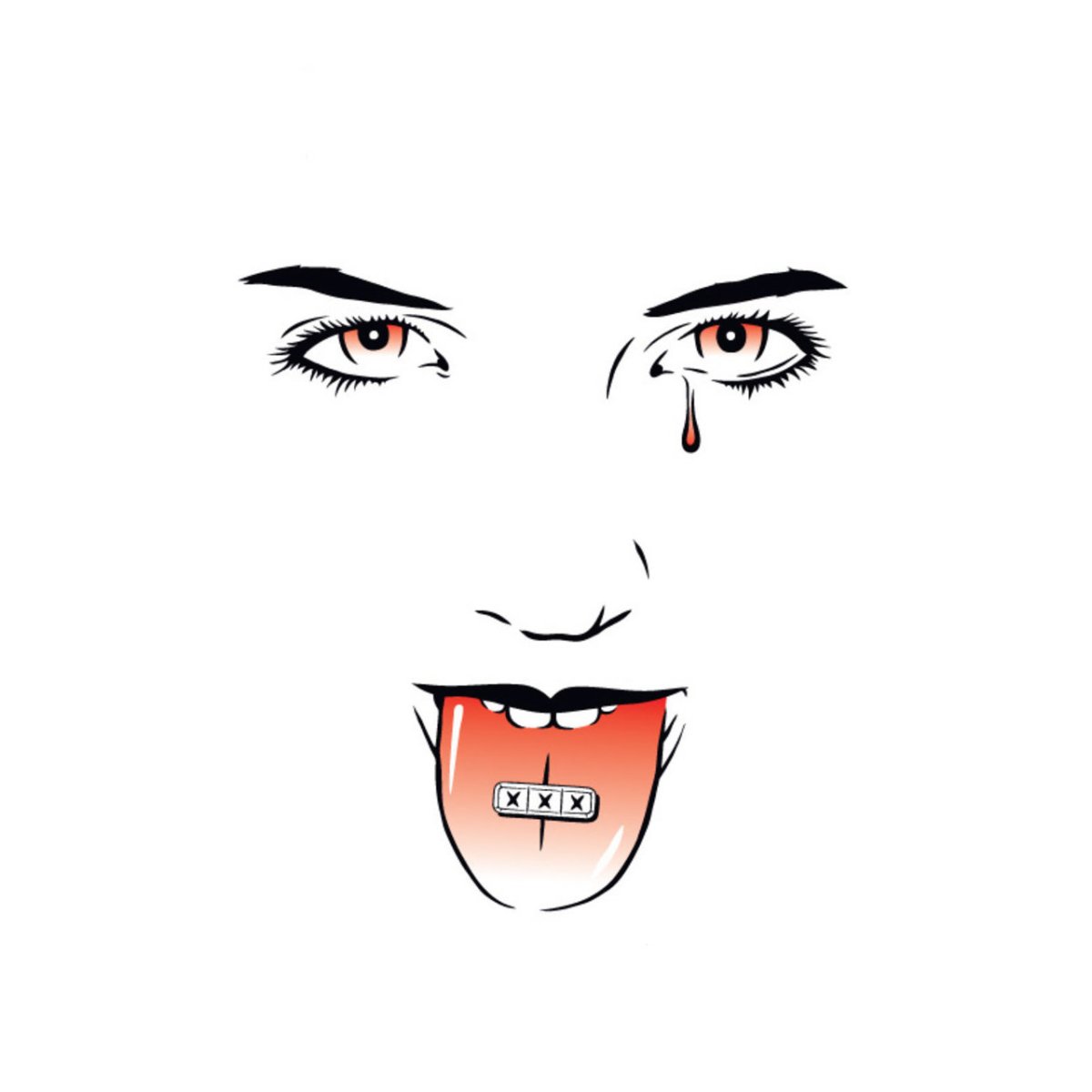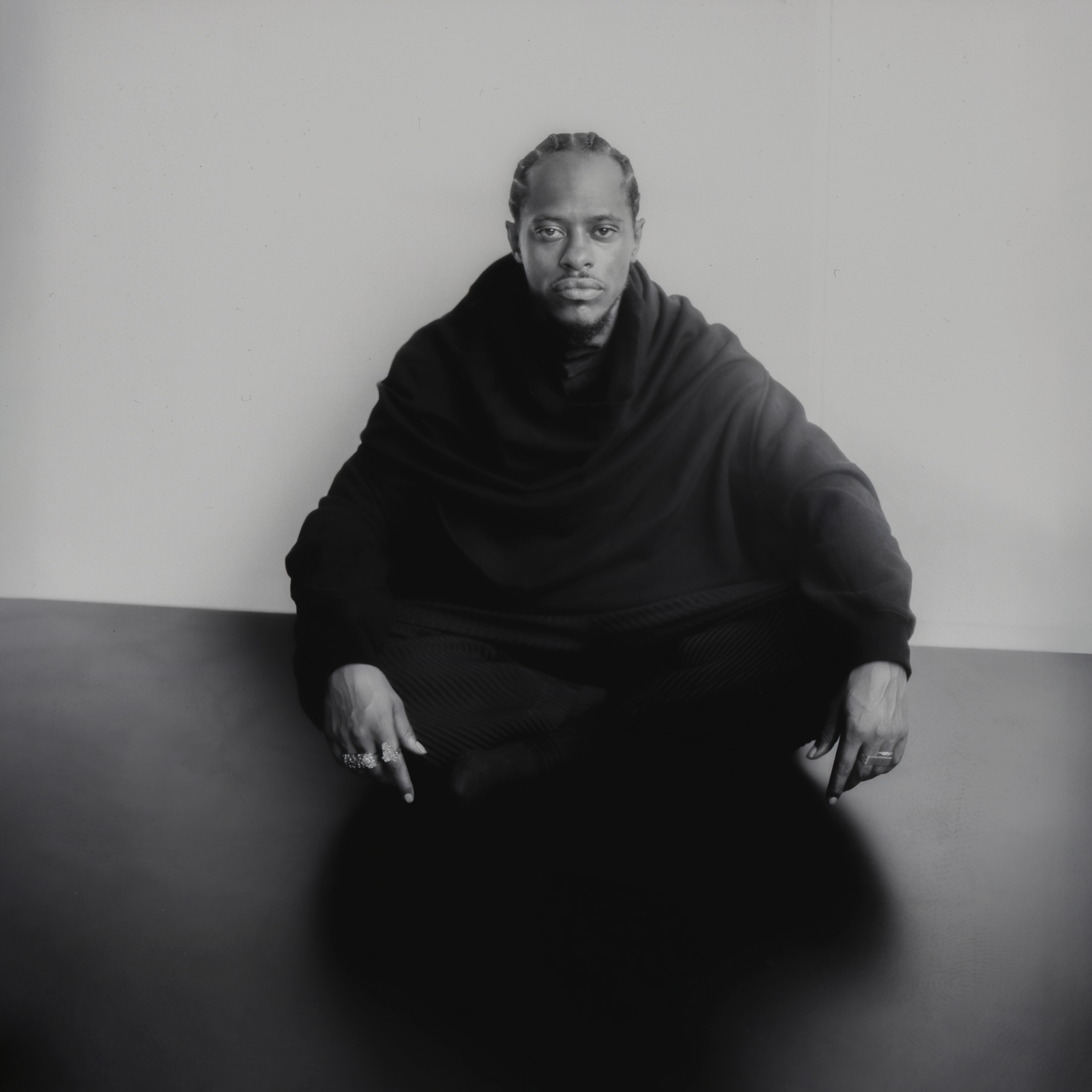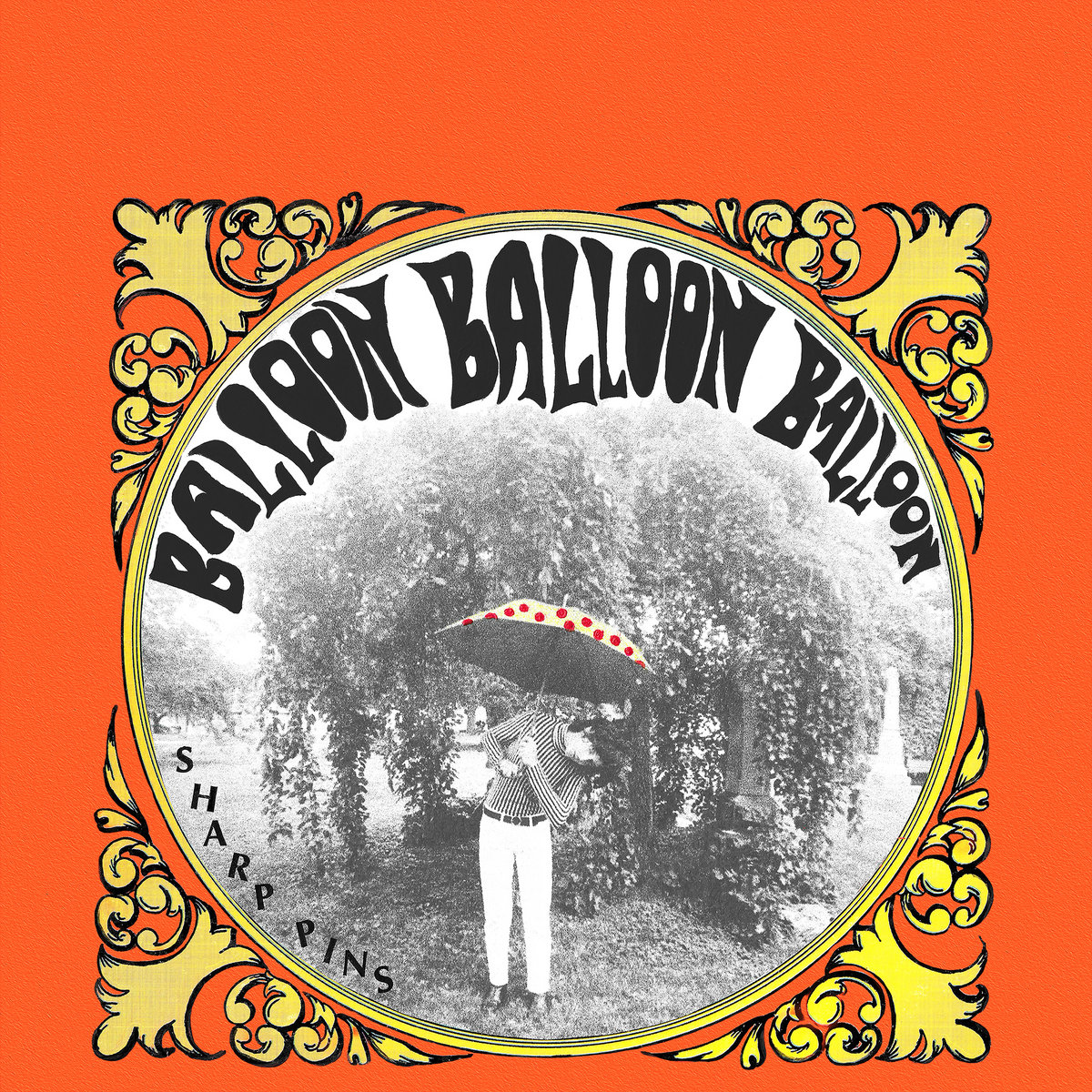- Fool's Gold
- 2011
Danny Brown didn't fit into any established lane, so naturally he broke out at a moment when worlds were colliding and paradigms were shifting.
In the early 2010s, the rap blogs and the indie blogs were beginning to overlap. The distinction between albums and mixtapes was blurring. Critically acclaimed rockers like Arcade Fire, Bon Iver, and MGMT were pulling Grammy upsets and/or guesting on blockbuster rap albums. Major-label hip-hop refugees like Curren$y and Freddie Gibbs were rebranding as prolific underground stars. White hipsters were embracing a new wave of eclectic R&B upstarts and giving promising new rappers like Kendrick Lamar the anointment once reserved for Brooklyn buzz bands. At the end of a pre-Spotify Wild West moment in online music, a new landscape was starting to coalesce, one in which major full-length statements were popping up as free downloads with alarming frequency. So Far Gone! Bastard! Kush & Orange Juice! K.R.I.T. Wuz Here! Sit Down, Man! Nostalgia, Ultra! House Of Balloons! LIVE.LOVE.A$AP! Rich Forever! Blue Chips! Late Nights With Jeremih! Acid Rap! Y.R.N.! Run The Jewels! It's incredible how much game-changing music artists were just giving away, and how well that strategy was working for them at the time.
One of the best of those releases popped up as a link on the Fool's Gold website 10 years ago this Sunday. Officially, XXX was Brown's second album following 2010's The Hybrid, but it was distributed like a mixtape, free for the taking from a record label that understood how to straddle various scenes and echelons within the industry. Fool's Gold was a good fit for this Detroit iconoclast, though in another life maybe he'd have taken a far different path to fame. Between the albums Brown had released a mixtape with Tony Yayo (featuring two Lil B guest spots!), and he famously claimed his skinny jeans were the only reason 50 Cent didn't sign him to G-Unit. The pants weren't the only way Brown differed from your average upstart rapper. His front teeth were chipped. He was rocking an asymmetrical haircut with an aesthetic you might call "electrocuted new wave." And before you ever saw him, you had to reckon with the unhinged-hyena voice he had adopted, as well as all the crazy shit he was saying with it.
The Brown of XXX was bringing a livewire chaotic energy comparable to Ol' Dirty Bastard or Lil Wayne in all his free-associative glory. The record was far more thematically dense than, say, 2 Live Crew, or even Too $hort, whose name made it into Brown's lyrics and whose influence shined through somewhat in Brown's nasal bleat. But sex was enough of a focus that you could be forgiven for thinking the title XXX was a reference to pornography when in fact it symbolized Brown turning 30. "Detroit187" begins, "The way these bitches on my cock/ You'd swear it was 1985 and Teen Wolf just dropped/ And my name was Michael J. Fox." On "I Will" he goes in-depth about his prowess with cunnilingus: "If it's smellin' sweet, I'ma lick it for a hour/ And even if it's sour, I might lick it in the shower." And then there's his iconic "Monopoly" lyric, "Still fuckin' with them freak hoes/ Stank pussy smellin' like Cool Ranch Doritos."
Brown was also flaunting some of the same edgelord tendencies as his Detroit forebear Eminem, a propensity for transgressive bars and inflammatory celebrity name-checks. "I got them Penis Poems for your Vagina Monologues/ Love a feminist bitch, ooh, that get my dick hard," he raps on "Outer Space," continuing, "So no apologies for all the misogyny/ I just want some company to come and watch some porn with me." On "Pac Blood" he boasts of "Rhymes that'll make the Pope wanna get his dick sucked/ Have Virgin Mary doing lines in the pickup." There are references to deep-throating Sarah Palin and being "higher than Swizz Beatz's hairline." The list of tragic celebrities he compares himself to on "Die Like A Rockstar" ranges from Kurt Cobain and Keith Moon to Chris Farley, Heath Ledger, and Brittany Murphy. Nothing and no one seemed off limits.
Dude was saying anything he could to stand out, whether that meant repeated soccer references, taking a stand against blatant crossover attempts on "Radio Song," or describing his own poverty in honest, bracing detail. This quest to be noticed also entailed lots and lots of lines about his voracious drug intake, sometimes framed in wild, nihilistic terms. In this way, at least, he managed to be on-trend in a moment when MCs became just as likely to rap about doing drugs as dealing them. Within two years, MDMA raps were all the rage, with Danny Brown and Fool's Gold co-founder A-Trak very much in the mix. It was a wave that started to feel darker and darker later in the decade, as the opioid crisis ramped up and more and more rappers died from overdoses. "I feel bad about it as I was at the forefront of this shit," Brown told Dazed years later. "Back then it was like, 'How can I be edgy?' Everyone was talking about gangster shit and shooting or gangbanging, so talking about opioids and pills was my way to be different. I knew people could relate to that."
It's not like Brown was glamorizing this stuff, though. From start to finish, the album presents the horrors of his daily existence with harrowing clarity. XXX begins and ends with title tracks that function as overtures, both of them loaded with direct references to his drug intake as a means of self-destruction. On the opener, he admits, "And it's the downward spiral, got me suicidal/ But too scared to do it, so these pills'll be the rifle." The album ends on an only slightly more optimistic note: "The thoughts of no success got a n**** chasing death/ Doin' all these drugs, hope an OD ain't next." In between, Brown goes to great lengths to describe the squalor he comes from and the pain that still haunts him. "His shock rhymes on XXX are like horrorcore stripped of cartoon fantasy, and they carry the moral weight of experience," Jayson Greene wrote in Pitchfork's review. "On 'Pac Blood,' he calls his lyrics 'shit so personal my mom can't listen to,' and you believe him."
Drugs in particular are presented again and again as the escape that became a prison. Tracks like "Blunt After Blunt" and "Adderall Admiral" helped to develop a caricature of Brown as an insatiable party monster, one he'd continue to play up on later material like "Dip" before letting the darkness consume him on Atrocity Exhibition. But rather than the turn-up you'd expect based on the title, "Party All The Time" is a ballad, a somber portrait of a woman in the grips of a vicious cycle. The song's refrain, "She wanna party all the time," is a lament. The final third of the tracklist is similarly reflective, with Brown returning to his normal voice to express resignation ("It's in my DNA, 'cause my pops liked to get fucked up the same way") or describe breaking into an abandoned home to strip it for scrap metal ("Metal crowbar gon' get us through the door/ Take everything, n****, fuck the landlord!").
Brown's deeply complex self-portrait is aided by multi-faceted production that's almost as impressive as his lyrics. Part of his appeal was his eclecticism, the sense that his music and drug consumption were equally adventurous. XXX shows off that varied taste, veering from Detroit's best stab at grime ("Bruiser Brigade") to funky, noise-blown boom-bap ("Fields") to psychedelic loops ("Adderall Admiral") to introspective warmth ("DNA") to Def Jux-style dystopian electro-rap ("Die Like A Rockstar"). Future pop hit-maker Frank Dukes' organic "XXX" beat is regal and sad all at once, while "30" -- produced by Bruiser Brigade mainstay Skywlkr -- builds up claustrophobic intensity like it's Liars or Radiohead. This was a quantum leap from the straightforward loops of The Hybrid. Despite Brown's larger-than-life presence and the fact that he could rap his ass off, when we talk about the greatness of XXX, his beat selection has to be part of that conversation.
Releasing XXX for free worked out pretty well for Brown. The album launched him directly into cult fandom, critical acclaim, and a rapidly expanding festival circuit. And although it defined his persona in ways he hasn't fully shaken, Brown has continued to evolve in the decade since. He signed to Warp, the venerable UK label specializing in experimental electronic music. He took his music to darker and darker places until finally moving back toward the light on his most recent LP. He cut his hair; he fixed his teeth; he reined in some of his wilder instincts. He kept carving out his own lane and began to refashion himself as an elder statesman of sorts. Whenever he releases his long-teased XXXX, it will presumably find him in a better place at 40 than he was at 30 -- which, upon listening back to the album that made him a star, feels like a miracle.






